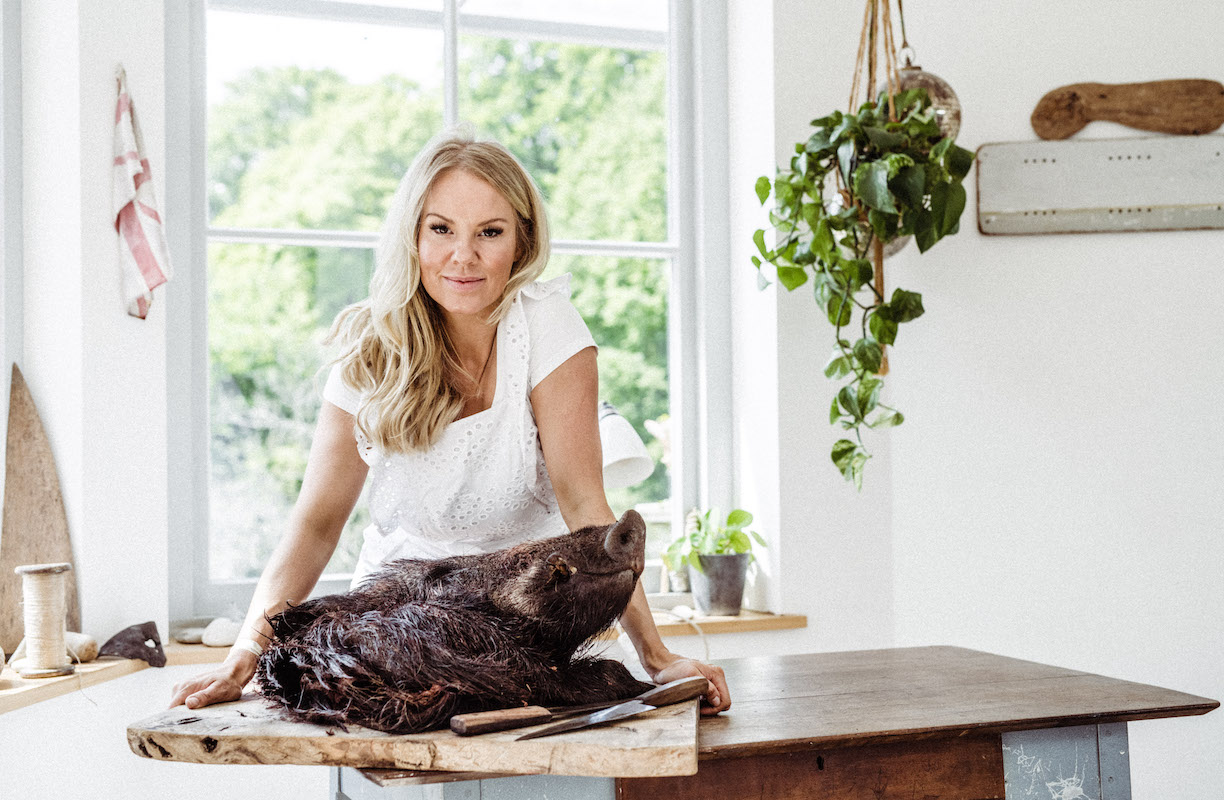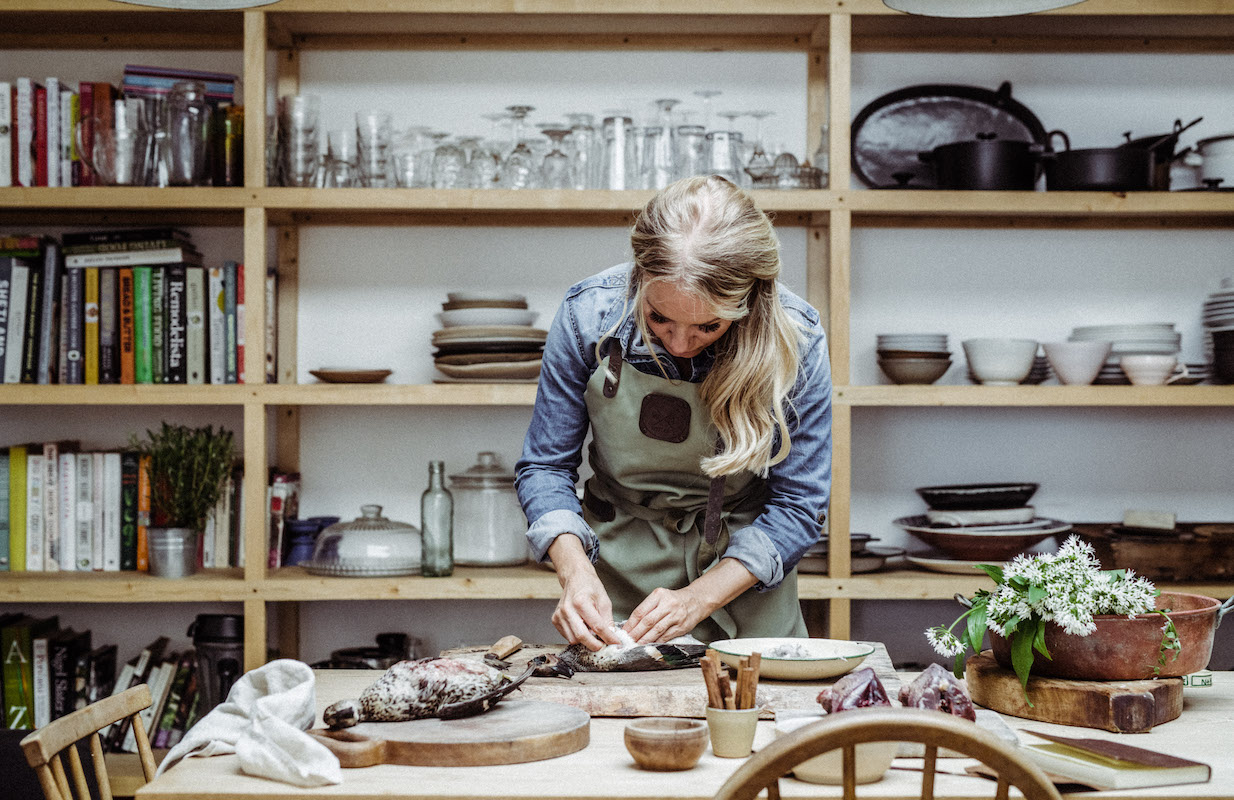This website uses cookies so that we can provide you with the best user experience possible. Cookie information is stored in your browser and performs functions such as recognising you when you return to our website and helping our team to understand which sections of the website you find most interesting and useful.
Ahead of the game: top shot Rachel Carrie tells us why it’s important to advocate a field-to-fork mentality
By Michelle Johnson | 9 November 2020 | Sport
As supermarkets often operate with business in mind – disregarding ethics – getting back to nature and exploring the world of game shooting opens up an eco-friendly way to enjoy meat

Rachel Carrie is one of Britain’s top game shooters and advocates for ethically reared, organically sourced game produce. As well as being a crack shot and familiar face on television, Carrie has now released her first cookbook, Game & Gatherings, sharing her favourite field-to-fork recipes.
Packed with seasonal recipes, Game & Gatherings provides a full menu of extravagant dishes to indulgent snacks, plus child-friendly breaded meat and other family favourites. “It’s available now from Fieldsports Emporium online and includes a huge range of recipes to suit the diversity of all the game featured,” Carrie tells Tempus. “Personally I love pigeon, so my favourite recipes are the pigeon pithivier and pigeon poppers.”
Here, she tells Tempus why getting back to nature is the most ethical and environmentally friendly way to enjoy a gourmet meal.
What inspired your passion for hunting?
I had quite an unconventional upbringing. My dad set up a scrap metal business in the early 1990s, buying a small site set in an old quarry in a rural village. My parents raised my brother, sister and me in a portable cabin, in 11 acres of woods and farmland. We were always outdoors – working ferrets, ratting terriers and a Harris hawk – and my dad would take me rabbiting, which is where my understanding of ‘field to fork’ food came from. I was skinning and butchering rabbits at eight years old, so it’s always been just a natural concept to me and something that’s stayed with me throughout my life.
How did you become a field-to-fork advocate?
It’s difficult not to be an advocate for naturally reared livestock when you compare them, nutritionally and ethically, to factory-farmed meat. Venison is up to 50% lower in fat and higher in protein, vitamins and minerals compared to beef. Partridge, pheasant, grouse and pigeon are all leaner and higher in protein than chicken. More importantly, wild deer and game birds live a truly free-range life and will never experience an abattoir or factory farming.

Why are conservation and shooting so intertwined?
Without conservation there can be no shooting. An unsustainable use of natural resources makes no sense to people who derive their enjoyment, livelihoods and food from a fruitful environment. Hunters value natural resources because we rely on them, and must enjoy nature sustainably to continue that.
Equally, as an environmental impact assessor by profession, I’ve studied the environmental impact of unculled deer populations – they devastate the habitats of other species. Similarly, game shooting estates provide habitat that has otherwise been lost to modern agriculture, increasing biodiversity and higher success rates for rare species of birds, such as hen harriers, curlews, and lapwings. We’ve seen even better results from breeding programmes on shooting estates than on RSPB reserves. The data doesn’t lie.
How important is it for consumers to understand where our meat comes from?
You only have to look at the horse meat scandal for your answer. As consumers, we trust food manufacturers and supermarkets to share our ethics and forget that they are businesses – and so better regulation is needed to prevent brands from green-washing or misleading consumers. Game is a small cog in a big machine, but we can still vote with our feet when it comes to demanding ethical options for everyone. We can lobby for sustainable British produce and higher standards of food production, as well as making small choices that reflect our desire for sustainable production and a healthy environment.







